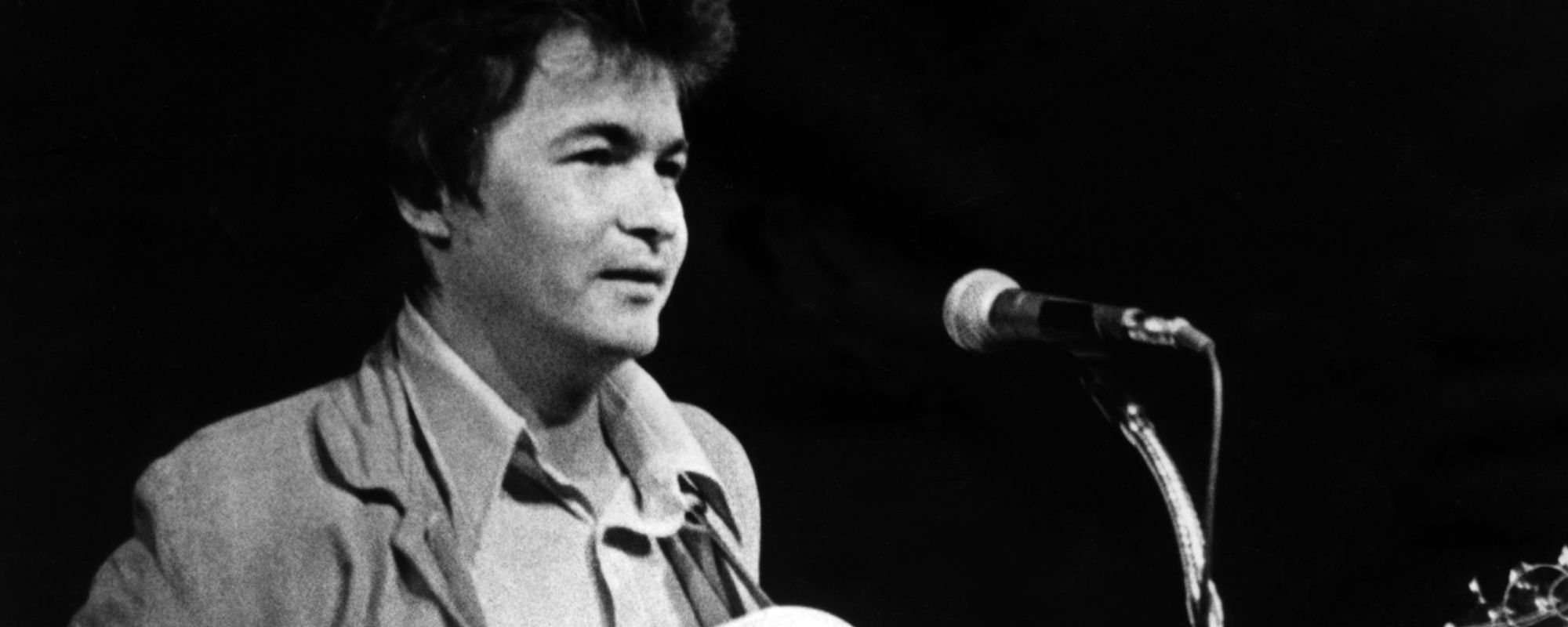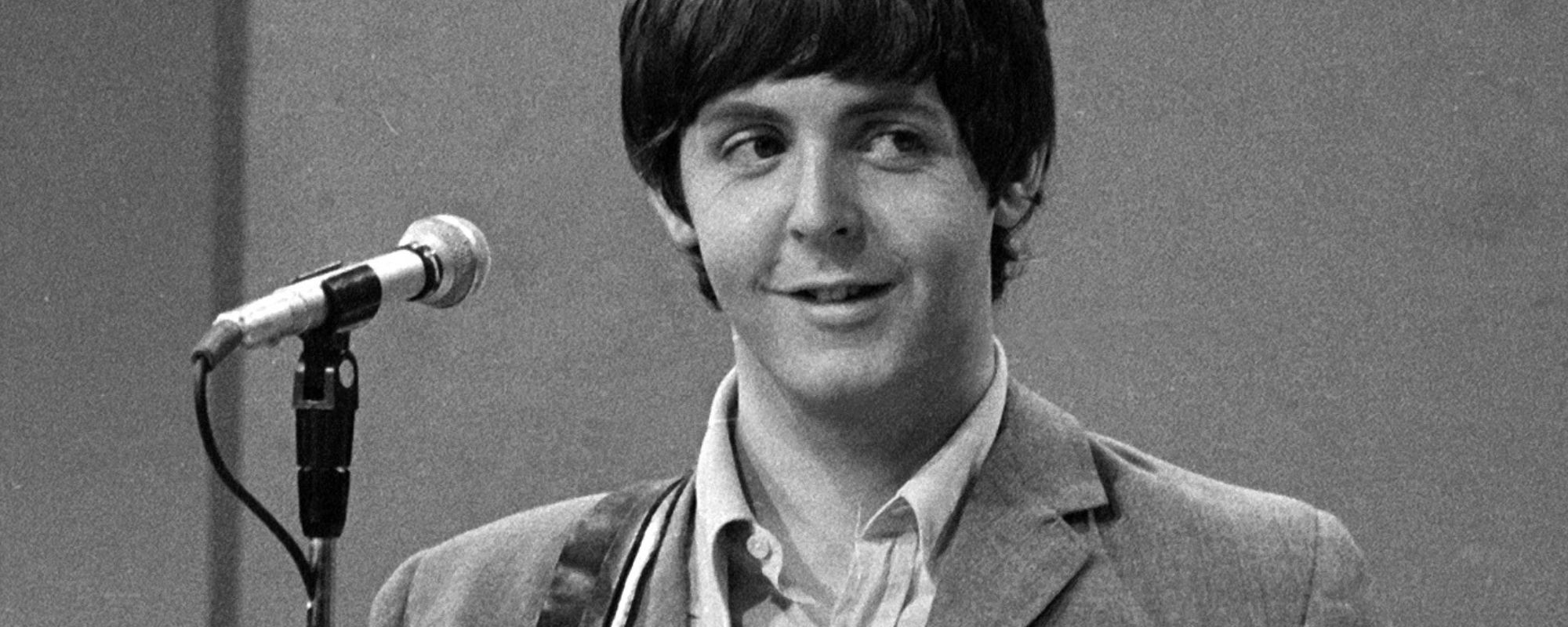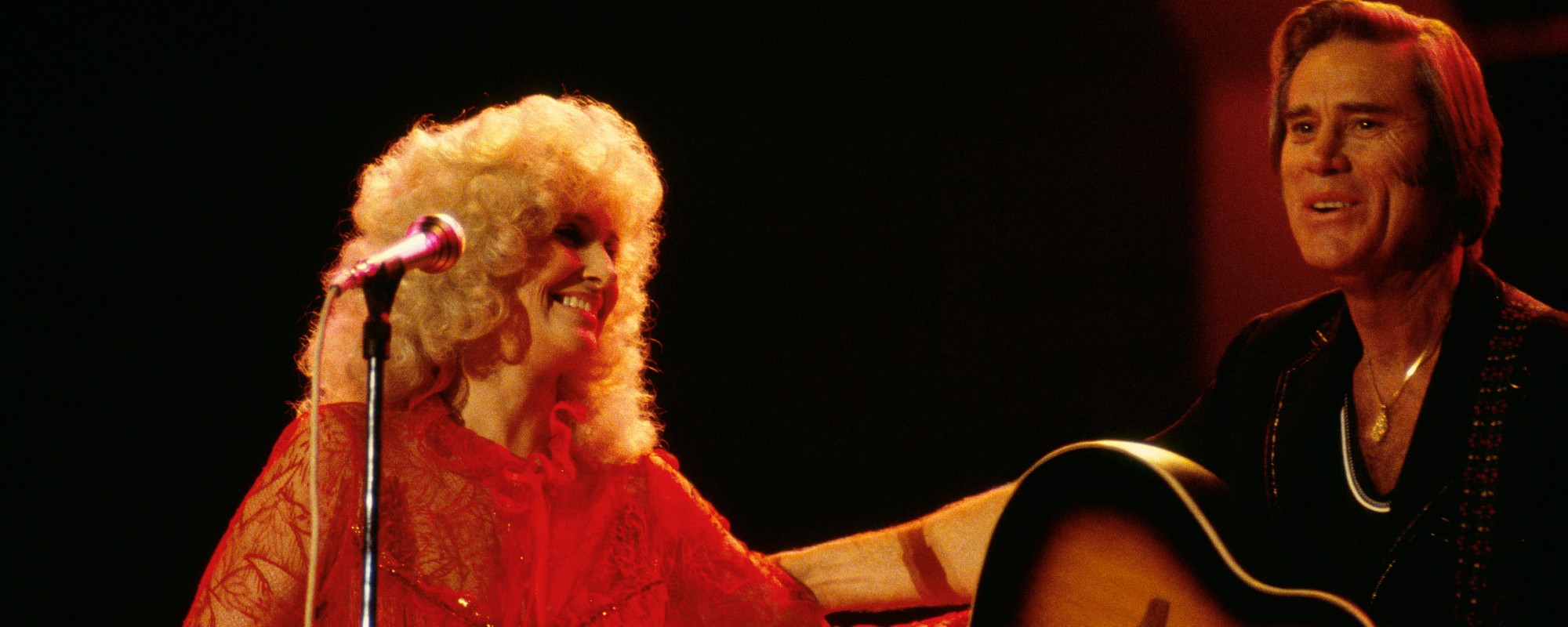On this day (October 22) in 1989, Ewan MacColl died in London’s Brompton Hospital after having heart surgery. He was 74 years old. Before his death, MacColl built a legacy as a playwright, union organizer, and song collector. However, he is best remembered for his songwriting. He penned songs like “Dirty Old Town” and “The First Time I Ever Saw Your Face,” which have been covered by artists from multiple genres.
Videos by American Songwriter
MacColl has an incredibly impressive resume. However, decades after his death, he is most widely remembered for his songwriting. He wrote “The First Time I Ever Saw Your Face” for a play. Then, he and his second wife, Peggy Seeger, recorded it in 1962. Since then, hundreds of artists have put their stamp on the song. Notably, Roberta Flack made it a hit in 1969. Elvis Presley released his version of the song three years later. Johnny Cash released his version in 2002.
[RELATED: The Folk Musicians Who Inspired a New Generation of Songwriters]
MacColl wrote “Dirty Old Town” for his play Landscape with Chimneys and recorded it for the first time in 1952. Countless folk, pop, and rock artists have covered it over the years. Rod Stewart released his version in 1969. The Pogues shared their iconic cover in 1985. The Specials, The Jolly Beggars, The Mountain Goats, and Bettye LaVette are among the other artists to record the song written about MacColl’s hometown.
Ewan MacColl and the Folk Revival
Ewan MacColl was at the center of the folk music revival in the United Kingdom during the 1950s and ’60s. The club he owned with his then-wife, Peggy Seeger, was instrumental in bringing English folk music back to the forefront.
“I do honestly believe that if our folk club had not instigated what we called ‘the policy’–that is, when you’re onstage you sing folk songs from your own culture–I think it would have taken a much longer time for its folk revival singers to stop trying to sing like Leadbelly and Woody Guthrie,” Seeger said. “That would have taken a much longer time if Ewan and Bert Lloyd and myself had not taken that stance at our club,” she added.
Shirley Collins, a singer and musician in the English folk revival, didn’t remember him quite as fondly. “People who went to the Critics Group (a study group for singers led by MacColl) ended up being molded by him, sounding the same,” she recalled. “Folk music should be about reflecting music from the regions, the different voices, the roots of it. You couldn’t differentiate anything with his approach,” she explained.
Featured Image by EFD SS/Heritage Images/Getty Images













Leave a Reply
Only members can comment. Become a member. Already a member? Log in.